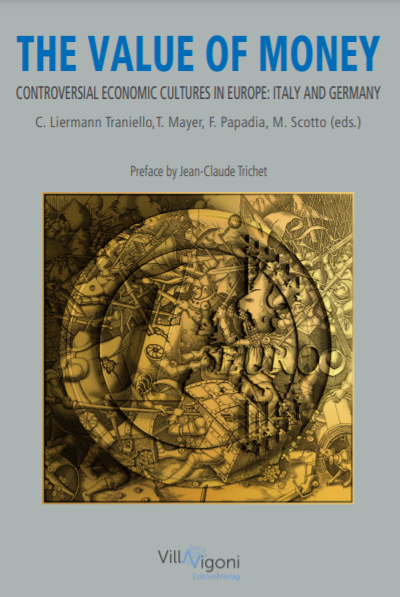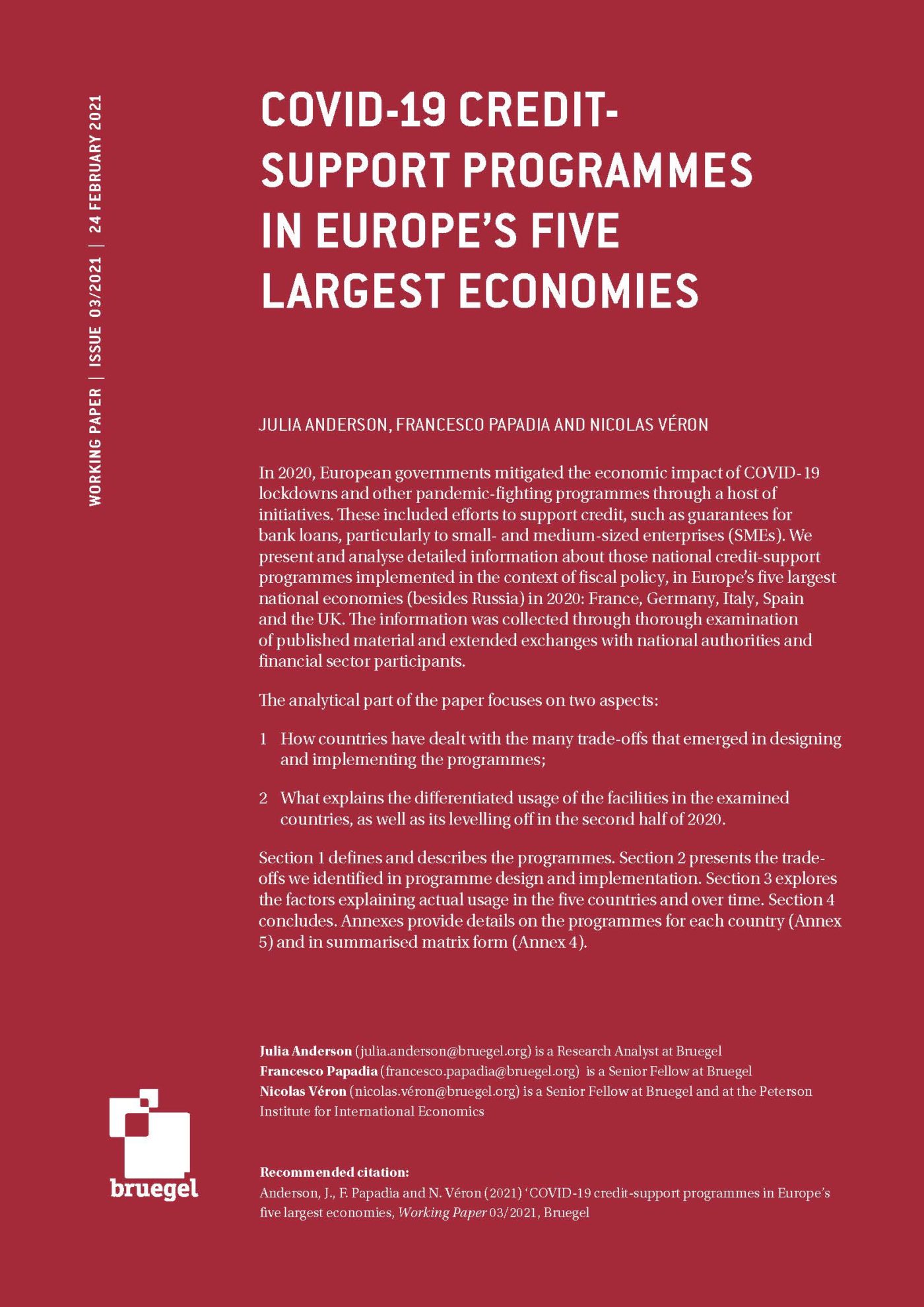Opinion
“It’s true, Italy breaks your heart.”
The brash, 39-year old, Matteo Renzi is Italy’s third unelected Prime Minister since November 2011. Mario Monti lasted 18 months, and his successor, Enrico Letta resigned last week after less than a year in office. The generational leadership change is an opportunity. But can Italy break from its past?
This opinion was published by Handelsblatt, the Guardian and El Pais.
The brash, 39-year old, Matteo Renzi is Italy’s third unelected Prime Minister since November 2011. Mario Monti lasted 18 months, and his successor, Enrico Letta resigned last week after less than a year in office. The generational leadership change is an opportunity. But can Italy break from its past?
Short-lived Italian governments are the norm. The unending political drama reflects the competition for power and resources amidst entrenched economic malaise. Chronically unable to put their economic house in order, Italian elites are again thrashing around for a solution, this time at the risk of losing democratic legitimacy.
The simple statistic is that Italian public debt is 132 percent of GDP—and rising. The International Monetary Fund projects that the debt ratio could start falling if the government undertakes heroic belt-tightening. That means a primary budget surplus (not accounting for interest payments) rising to 5 percent of GDP, and possibly staying near that high level for years beyond.
Such extraordinary levels of persistent austerity can fray the political fabric. They can also be economically disastrous.
Austerity is to be accompanied by the elixir of structural reforms to spur growth. Even if these reforms materialize, economist Gauti Eggertsson warns that things get worse before they get better. The decline in prices needed to regain competitiveness will cause the debt burden to rise and demand to fall. Anemic growth and deflationary conditions will relentlessly follow, and the already distressed banks could be pushed into seizure. In January 2014, annual inflation was down to 0.6 percent from 2.4 percent a year earlier.
Italy has lived at the edge for four decades. Earlier, the option existed of inflating away the debt and devaluing the exchange rate to regain a foothold in global markets. The Italian lira underwent repeated devaluations between 1973 and 1976 and the devaluation in 1992 brought the euro’s precursor—the Exchange Rate Mechanism—to its knees.
The euro was expected to bring new discipline. It demanded discipline because it closed the traditional vents of inflation and exchange rate depreciation. The euro—which failed to garner support in two European national referendums, and would have failed others—enjoyed support among Italians weary of their irresponsible leaders.
But, introduced in January 1999, the euro did not help. Any early signs of a new resolve vanished as the swift fall in interest rates eased the pressure.
An October 2001 IMF assessment of Italy concluded: “Growth has disappointed over the past decade … and major fiscal challenges remain.” The report spoke of deep-rooted structural problems and “difficult choices in streamlining public spending.” Over the succeeding years, nothing changed. The IMF’s annual reports predictably repeated the same messages to no avail. Those admonitions continue to carry an eerie relevance today.
The presumption is that the looming threat of disaster will finally summon the political will and the economic patience to endure the grim years ahead, while Italy’s bondholders are kept at bay by the European Central Bank’s Outright Monetary Transactions program. But is Italy up to the challenge?
The American scientist and author, Jared Diamond has warned that crises do not always lead to renewal. Exhausted societies cannot summon the energy to respond to a new crisis. Italy is stuck producing goods that can be made more cheaply in low wage countries. In the OECD’s 2012 Programme of International Student Assessment of 15 year-olds (PISA) in maths, science and reading, Italian students lagged their advanced country counterparts. Research and development have fallen woefully behind.
It is possible that Italy will thread the eye of the needle. But it is easier to see scenarios in which Italian growth and inflation are even weaker than now projected and debt ratios keep rising. At what point do bondholders gratefully take the ECB’s offer to repay them? If the legality of that offer is then in question—or since the ECB’s purchases are “effectively limited”—things could get ugly.
The policy choice is straightforward. To stay the course and keep fingers crossed or to take bolder action now to prevent future catastrophe.
Italy can no longer tinker. A true generational change in course, one that harnesses the aspirational energies of a brighter future, requires audacious investment in education and infrastructure. This must be paid for by new budget priorities and, importantly, by negotiating Uruguay-style, longer terms of repayment with creditors. That bargain is in everyone’s interests, and is needed to keep Italy in the eurozone.
As Mr. Letta left office, he sorrowfully remarked to his associates, “It’s true, Italy breaks your heart.” The stakes are high. Italy may break more than that.
Read more from Ashoka Mody on Italy
Austerity Tales: the Netherlands and Italy
Republishing and referencing
Bruegel considers itself a public good and takes no institutional standpoint.
Due to copyright agreements we ask that you kindly email request to republish opinions that have appeared in print to [email protected].












